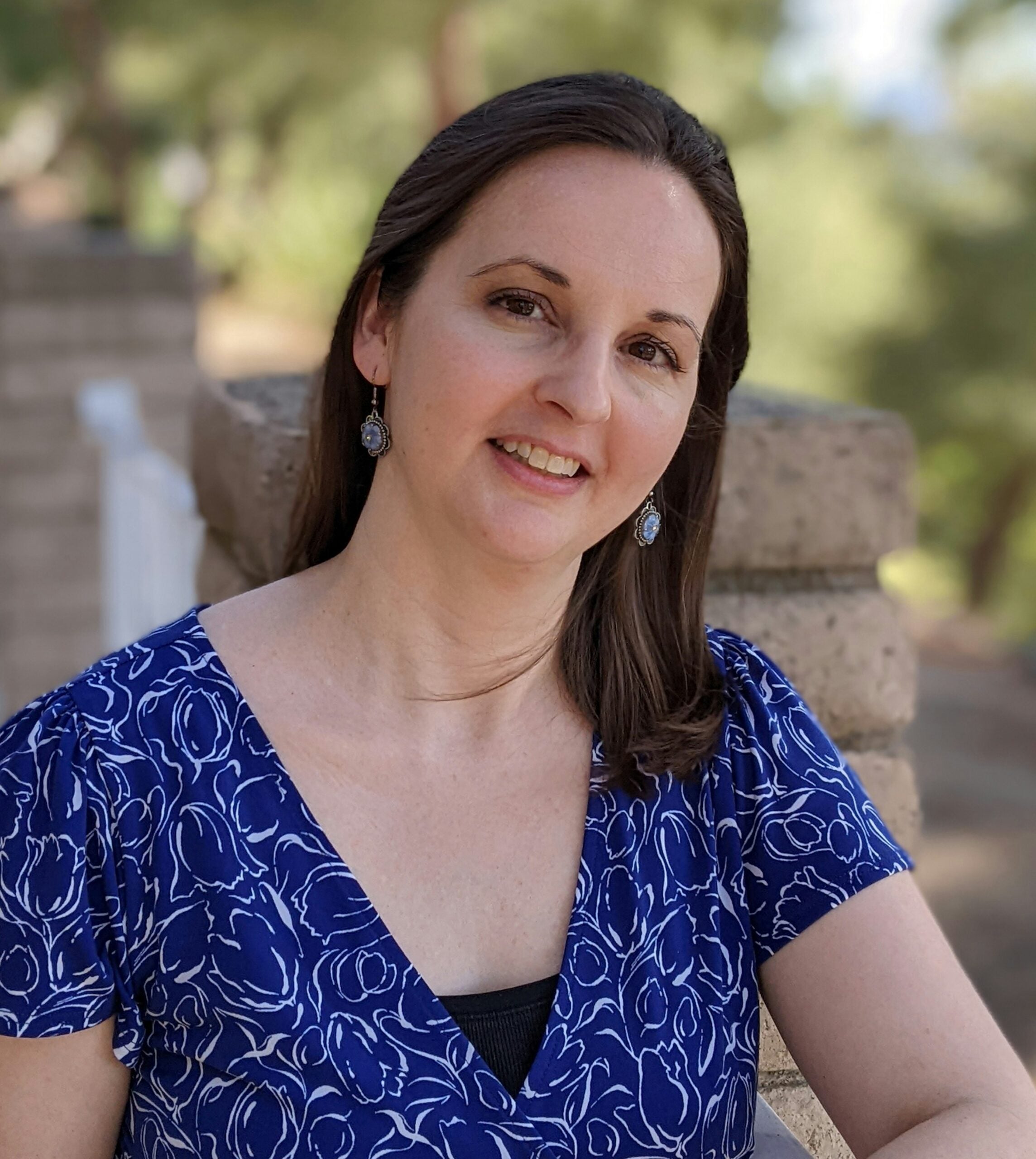MIAS alumna values student internships, UCLA’s real-world connections to the film industry.
In recognition of the 94th Academy Awards on March 27, The Latest presents a series of alumni profiles. These graduates of the UCLA Department of Information Studies are using their training in the University’s MLIS program, to work and enhance innovation in the film industry, both at UCLA and beyond.
As a graduate student in the UCLA Department of Information Studies, Amanda Mack (’08, MA, Moving Image Archive Studies; ’05, BA, English/History) served an internship at the UCLA Film & Television Archive, working on the restoration of a silent film. After graduation, she was hired to do a re-canning project of the Hearst newsreel collection, identifying rolls of film, preparing them for archival storage and entering the data into a Filemaker database.
Today, Mack still serves the world-class archive as a catalog librarian, working on projects such as the Sundance Collection, the archive’s Native American collections, and the Warner Archive Collection. A double Bruin, she says that her undergraduate studies and her love of working with primary sources led her to what was then the Moving Image Archive Studies program at UCLA IS.
“I had done a couple of film history classes as an undergrad, and that’s how I found out about the archive,” says Mack. “[With my] history background and having gotten to do some things hands-on, with old newspapers and things like that … I really enjoyed and wanted to be a part of that for the next scholarly generation. When I found out that there was that option for moving image materials, I got really excited and thought it was the best of both worlds for me.”
A typical day on the job for Mack – pre-pandemic – involved creating new records for materials in the Archive’s collection that are publicly accessible through the Library’s discovery layer. These records help to provide access to the Archive’s collections for UCLA students and faculty, as well as professionals in the film and archival industries. In addition, she updates records based on requests from internal staff, including adding additional information, noting condition of materials, and sometimes removing records for materials that have deteriorated to the point they must be discarded. For the past 18 months, Mack and her colleagues have also been working on the Archive’s migration of data to the new Integrated Library System, which is now a UC-wide catalog.
“This is particularly exciting as it may introduce the Archive’s collection to a broader range of users,” notes Mack.
Mack says that she chose the Moving Image Archive Studies program for her MLIS degree because of the University’s links between the IS department, the Archive, and the UCLA School of Theater, Film & Television, that she felt would provide her with “a well-balanced education.” Although the MIAS program was ended in 2016, Mack says that the current option for Media Archival Studies (MAS) in the UCLA IS program will prove very valuable to students and graduates in the job market.
“At the time, there were only two moving image archiving programs in the country, so it’s not as widely recognized as an MLIS degree,” says Mack. “This can really complicate a job search when many positions require an MLIS or MLS degree, and don’t have the flexibility to consider an equivalent, like MIAS. So, I think it’s really a blessing in disguise for incoming [IS students], that moving image archive [training] is under that [information studies] umbrella now.”
Mack notes that her cataloging classes were “invaluable,” and acknowledges Professors Jonathan Furner and Jean-François Blanchette among those who left a lasting impression on her education. Furner’s class was her introduction to cataloging and classification, and really laid the foundation for subsequent cataloging classes.
“Anne Gilliland was my introduction to archives,” Mack adds. “She was teaching that introductory course that pretty much everybody takes and I felt like that was a really important building block in my education. It was incredibly helpful to have a class with a broader focus on archives and ethics, rather than being focused solely on moving image archives.”
“Anything you can do hands-on is incredibly helpful,” recalls Mack. “I also appreciated different classes where they gave us more hands-on assignments. We had a couple [of assignments] where we had to go out and meet with somebody in the industry and talk about a problem they were having. Part of our assignment was coming up with a potential solution and I thought that was really helpful as a way to get your hands dirty a little bit in the real world.”
Mack says that the IS Lab – which did not exist when she was a graduate student – is a great advantage to current and incoming students in the MAS program, as well as the internships, which are a hallmark of a degree from the UCLA Department of Information Studies. She has supervised several interns both from the MIAS and MAS programs and has always found it to be a valuable experience and a way to give back to the program.
“The students are really bright and ask a lot of great questions,” says Mack. “I learn as much from them as I hope they are learning from me.”
Courtesy of Alex Mack
